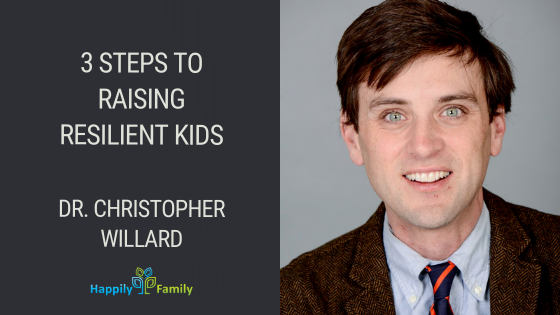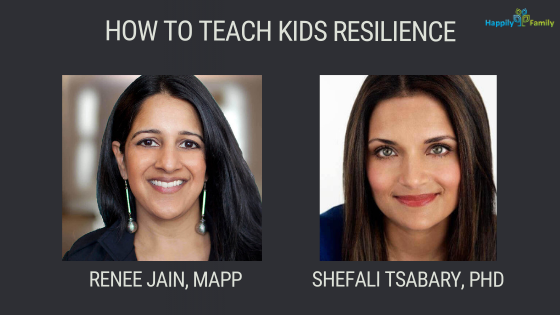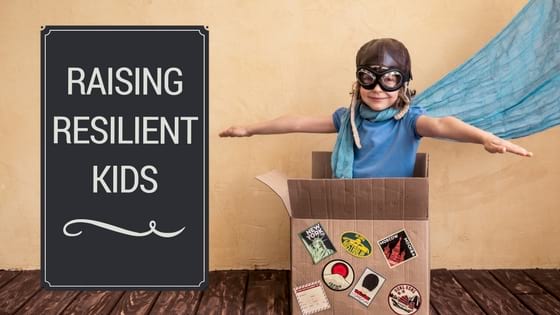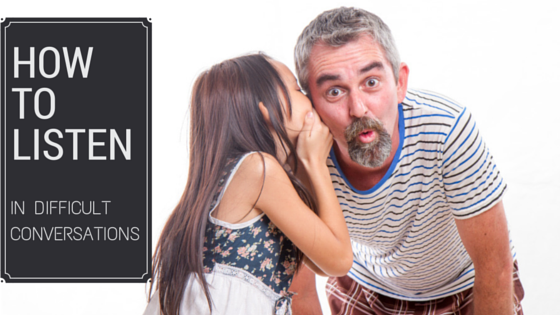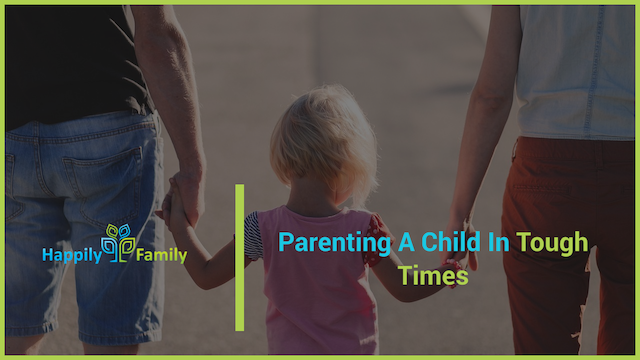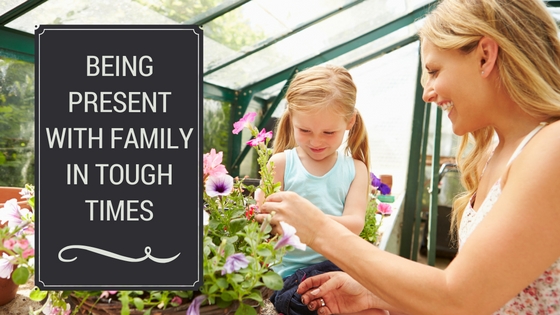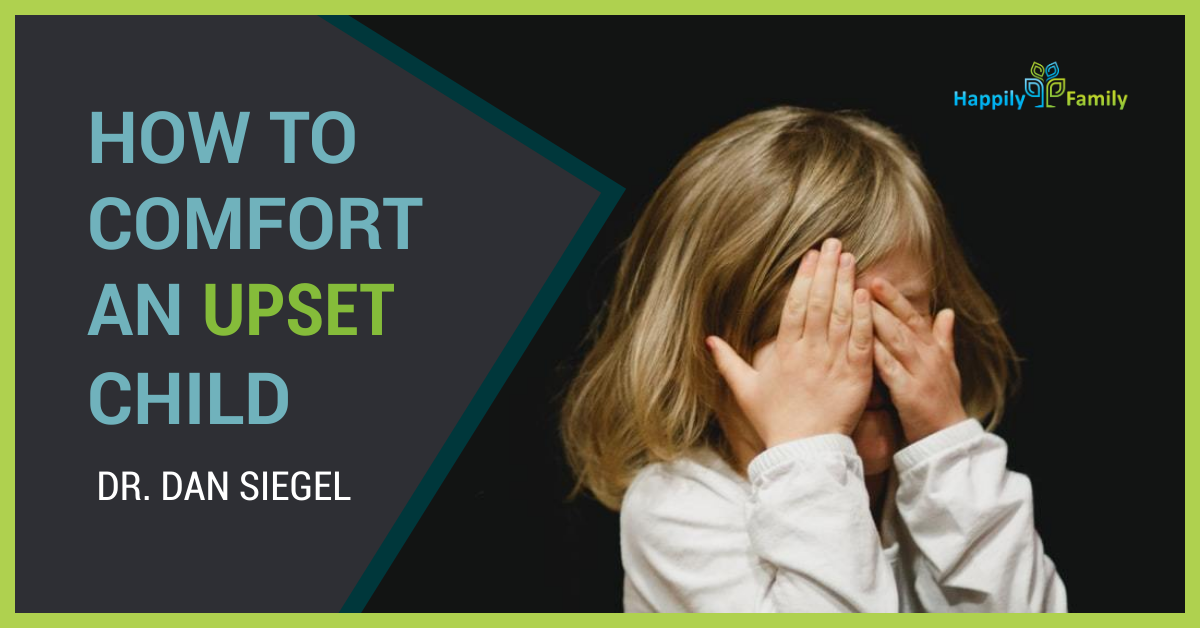Even if we wanted to, we couldn’t shield our kids from what is going on in the world.
They see it all happening on their phone or the computer or people talking about it.
It’s a lot to take in, for them and for us.
When there is so much that is unfair, unpredictable, and uncertain about our world, let’s focus on what we CAN control.
Last week we got to talk to Dr. Christopher Willard about resilience and post-traumatic growth. Chris is a psychologist, meditator, dad of two, author, and educator.
Our kids are going to face hard times; so are we. There are a lot of people going through a lot of stuff right now… whether it’s dealing with a pandemic, or institutionalized racism, or climate change, or simply the challenges of everyday life.
Post-traumatic Growth
Chris reminded us that after we get through a difficult situation, the most common outcome is growth and resilience (not PTSD)!
Watch the video to hear what Chris told us about post-traumatic growth and get 3 strategies that will get you to feel more resilient in just 5 minutes.
Now that you’ve watched the video, journal about these 3 things below for 5 minutes. I promise that you will feel better after you reflect on these:
1. Resources
What are the social and emotional resources that you have?
List your friends and family that you can call on if things are tough. Don’t forget to consider neighbors, online groups, religious organizations, or community resources.
2. Strengths
List your strengths, and list the strengths of your family, kids, and community.
Are you good at family meetings? Listening to each other? Having fun together? Helping others? Growing vegetables? Making or fixing things?
3. Actions
Think of 1-2 things you can do today or tomorrow to help someone else or how you can care for yourself.
For example, you could have a conversation with your kids about racism or white privilege. You could write a letter, reach out to a friend, you can donate to an organization, etc. Being in action helps us build resilience.
Share With Your Kids
When you’re done journaling, the last step is to talk to your kids about all the resources–social, emotional, community, family resources–that they could use if they ever needed to.
When we internalize and begin to use the vast emotional and social resources that we have, we become more resilient.
More about post-traumatic growth for kids and parents is available in our interview with Dr. Lynyetta Willis.

